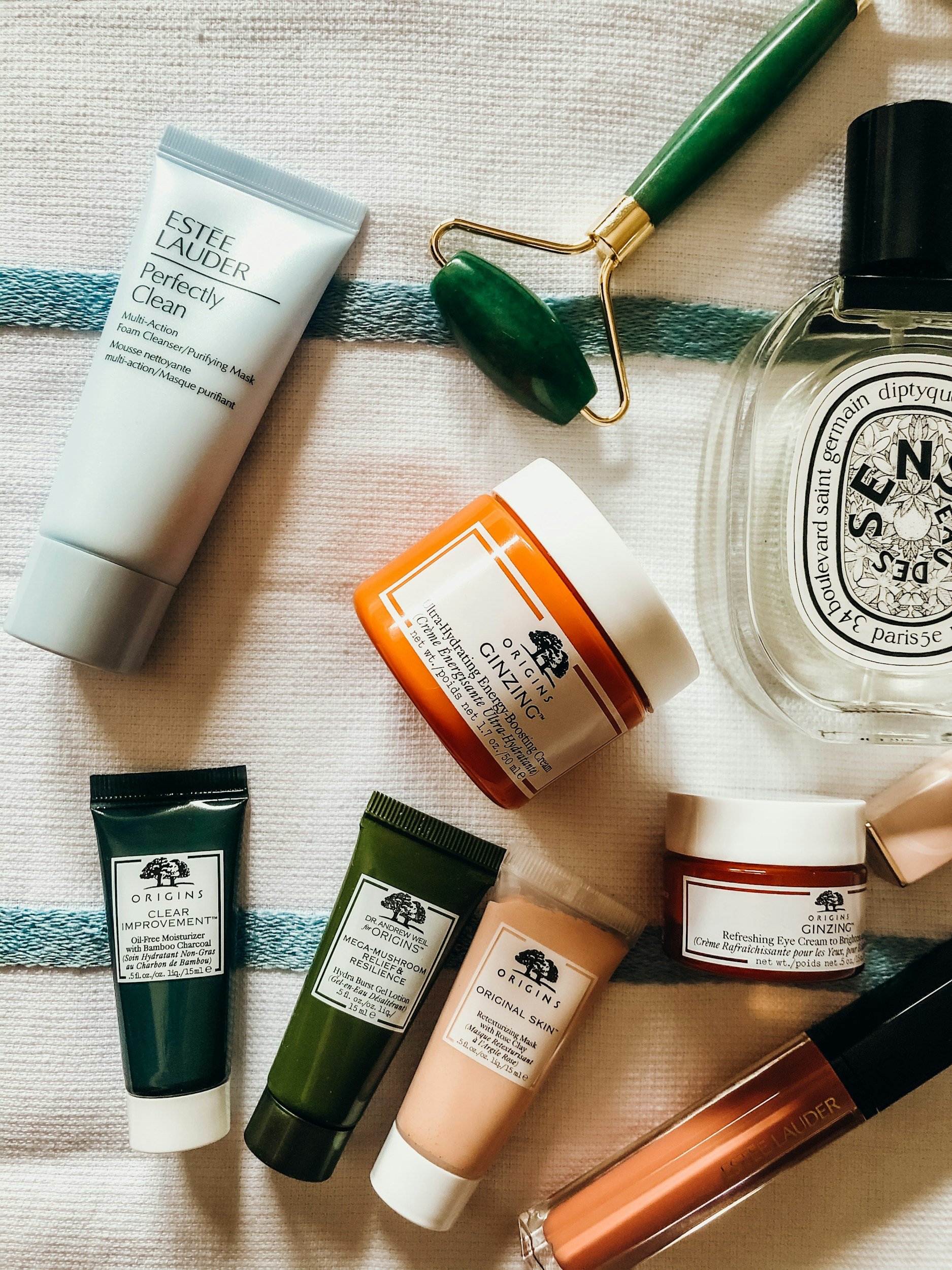How to Set Boundaries in Co-Parenting
It’s time to talk about boundaries! Boundaries are important for maintaining the good health of your emotional and mental well-being—and sometimes even your physical health. They're especially important in co-parenting because the emotional and mental state in this dynamic can already be a tough one. Emotions often run high and tense, especially in the context of a recent divorce. Add differing parenting styles, separate households, and the eventual addition of new relationships, and you’ve created a potential breeding ground for conflict. Boundaries are what prevent these emotions from escalating and becoming damaging—not just to you, but to your child(ren) as well.
The Benefits of Boundaries in Co-Parenting
Boundaries aren’t just about keeping the peace; they actively benefit everyone involved. For parents, boundaries serve two crucial purposes:
Reducing Conflict and Emotional Stress:
Setting clear limits on acceptable behaviors allows you to avoid the situations that cause you stress. If you identify triggers or behaviors that lead to conflict, you can create boundaries to prevent them. For instance, if heated phone calls with your co-parent devolve into arguments, you might transition to email communication. Once those boundaries are in place and adhered to, you’ll find your co-parenting relationship becomes less fraught with tension.Maintaining a Respectful and Productive Relationship:
Co-parenting relationships have their ups and downs. During the good times, it can be tempting to ease or even ignore boundaries. But when the tide inevitably shifts, having loosened those boundaries can bring back the very behaviors that caused stress in the first place. Setting firm boundaries ensures that respect and cooperation are maintained no matter the circumstances or moods.
Boundaries also benefit children in two important ways:
Creating Security and Consistency:
Clear boundaries help children know what to expect. When parents agree to maintain certain behaviors or avoid others, children experience a sense of stability. They can rely on a predictable dynamic between their parents, which fosters emotional safety.Preventing Children from Feeling Caught in the Middle:
Without boundaries, children can become collateral damage in co-parenting conflicts. They may feel pressured to pick sides or mediate between their parents. By eliminating tension and messy dynamics through boundaries, you protect your children from unnecessary emotional stress.
My Personal Experience with Co-Parenting Boundaries
I learned early in my communication with my ex-husband that boundaries were necessary. Over time, I refined those boundaries to create a healthier dynamic. Here are a few examples:
Primary Communication via Email:
In the beginning, we used phone calls to arrange pick-up and drop-off times for Ava. But those calls often spiraled into arguments about our past and who was to blame for our divorce. I realized I didn’t want to engage in this cycle anymore, so I set a boundary: all communication would happen through email.Now, at the start of every month, I send him an email with Ava’s schedule, responsibilities, and any fees or changes to her routine. If he tries to discuss these topics via text or phone, I redirect him back to email. It’s been eight years, and while he still needs occasional reminders, this boundary has transformed our interactions.
No Revisiting the Past:
Initially, I was desperate for answers about what went wrong in our relationship, often bringing it up during conversations about Ava. But those discussions left me feeling worse every time. I eventually set a rule for myself: the relationship is over, and we will not rehash it. Years later, when he wanted to revisit those same questions, I held firm to the boundary I’d established.Introducing New Partners:
Another boundary we agreed on was that neither of us would introduce Ava to a new partner unless the relationship was serious. (Serious meant committed with a foreseeable future.) And we agreed to meet each other’s partners before they met Ava. This ensured that anyone around my daughter was someone I felt comfortable with.
How to Set Effective Boundaries
Here’s how you can set boundaries that work:
Self-Reflect: Start by identifying behaviors or circumstances that trigger you or don’t sit well with you. Make a list of what’s okay and what’s non-negotiable.
Communicate Clearly: Use assertive but respectful language to articulate your boundaries. Be firm and specific, and include a consequence if necessary. For example: “Moving forward, please communicate all scheduling changes via email. If it’s not via email, I will not respond.”
Honor Your Boundaries: You must adhere to the boundaries you set. If you don’t, your co-parent won’t either. Staying consistent gives you credibility and reinforces the importance of the boundary.
Be Open to Adjustments: As your children grow or circumstances change, you may need to revisit and revise your boundaries. Flexibility ensures they remain effective and relevant.
Navigating Challenges with Boundaries
I know not every co-parenting relationship is as straightforward as mine. Toxic, volatile, or unsafe dynamics require additional care. In such cases, consult a therapist or lawyer for guidance.
Even in less extreme situations, resistance is common when boundaries are first established. My ex-husband responded with sarcasm and attempts to push limits, but I stayed firm. And over time, he fell in line.
I never felt guilt or fear when setting boundaries because I prioritized Ava and myself. Boundaries weren’t about controlling him; they were about protecting us.
The Results of Setting Boundaries
Today, my ex-husband and I can spend time together amicably. We laugh, joke, and keep conversations surface-level. The unpredictability and tension that once defined our interactions are gone, replaced by a sense of peace.
If you stick with your boundaries, the payoff is worth it. Boundaries create a co-parenting dynamic where everyone—including your child(ren)—can thrive. Reflect, communicate, and stay consistent. It won’t be easy, but the long-term benefits for your emotional health and your children’s well-being are invaluable.
Follow me on Instagram to see these tips in action and for more insights on navigating co-parenting, relationships, and life transitions. Let’s create a space where healthy boundaries and happier lives are the norm.





![Creating a Co-Parenting Plan [That Works for Both Parents]](https://images.squarespace-cdn.com/content/v1/5f49fb148109a775b6caf7a2/1731814081925-5MDF82DHOM4SVDPTMNPC/unsplash-image-jrOPyEXA8DE.jpg)
![Building a Strong Coparenting Foundation [Tips and Stories]](https://images.squarespace-cdn.com/content/v1/5f49fb148109a775b6caf7a2/1730938613258-PN0THVT6LAC40C4FLI4C/unsplash-image-httxBNGKapo.jpg)



